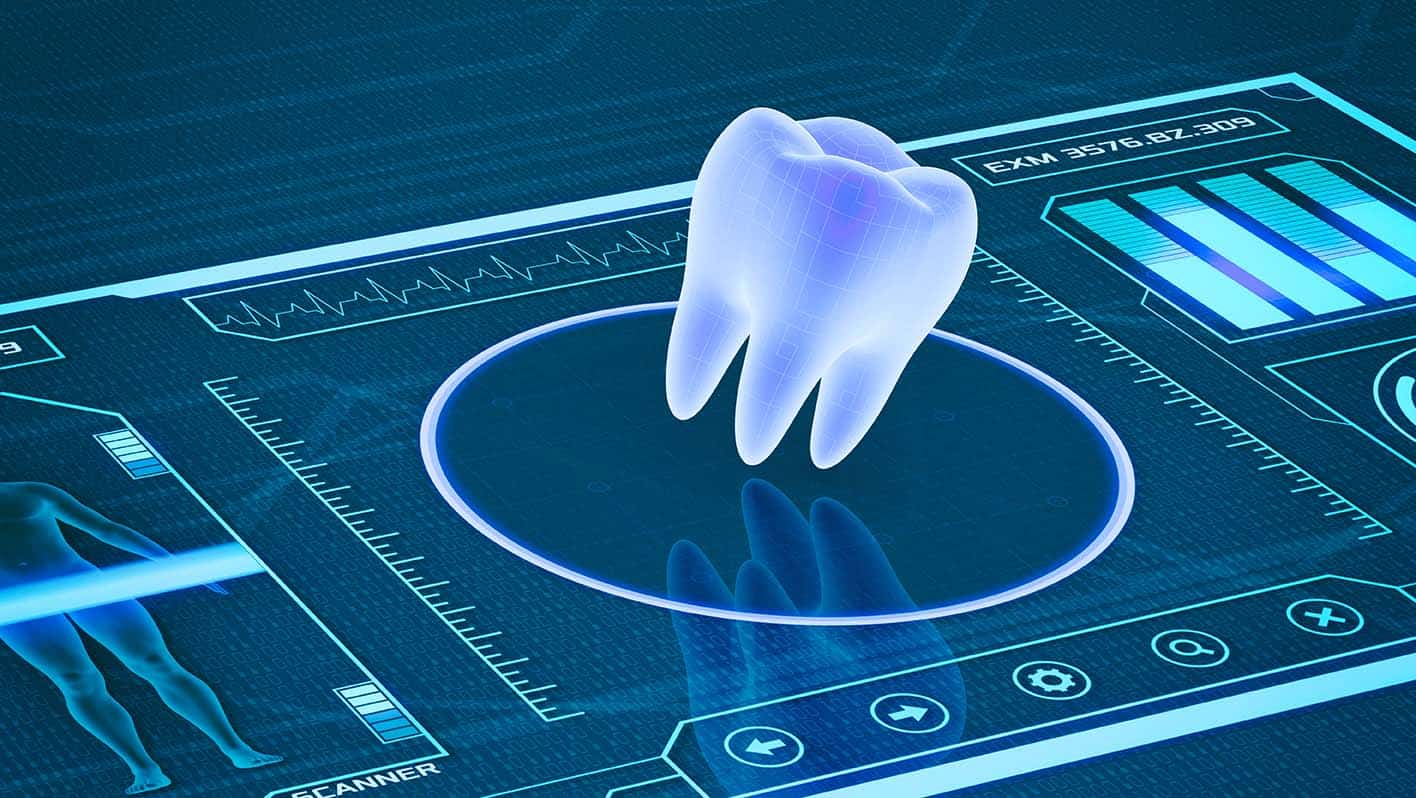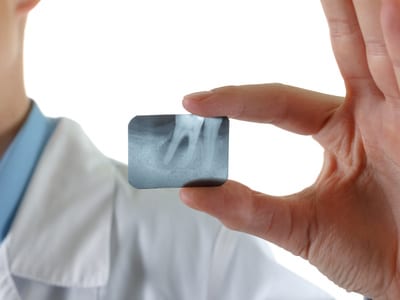Endodontics
How Padden Dental Saves Teeth- A look at root canals by Dr. Lara Kacherian
Padden Dental brings the latest 3D Dental Technology to quickly diagnose your tooth problems
How Our Dentists Work to Save Your Teeth
Padden Dental is pleased to offer same day emergency dentistry for tooth pain and infections.
If you have a deep cavity that has extended into the nerve of your tooth, a root canal is a common treatment designed to save an infected tooth and restore your comfort. Root canal treatment is also known as endodontic therapy. These are the most common reasons that you may need a root canal:
- A cracked or chipped tooth
- A deep cavity
- A deep crack that forms beneath a dental filling
- Frequent dental procedures on a tooth
- Other trauma to a tooth
You should also look out for common symptoms that indicate you might need root canal therapy. These include:
- One of your teeth becomes increasingly sensitive to hot and cold drinks/food or when you bite down and chew. This can lead to lingering sensitivity or an ache.
- Constant aches or pains that radiate to other parts of the jaw, including nighttime aches.
- The forming of an abscess as a way for your body to try and drain the infection. The bacteria causes damage to the bone surrounding the tooth. This may present as swelling or look like a pimple on the gums near the tooth.
Root Canals At Padden Dental
Here is what to expect if you visit our office for a root canal:
- X-rays will be taken to determine the shape of the nerve canals and to determine if an infection is present in the bone surrounding the tooth. We have 3D technology available to help diagnose and manage complicated tooth anatomy.
- A local anesthetic is given to numb the area and control pain. If the tooth is abscessed, however, the extent of the infection may not allow anesthetics to properly numb the area. In these cases, an antibiotic may be prescribed to take for a few days before starting endodontic therapy.
- During treatment any decay is cleaned, damaged nerve tissue is removed, and the tooth is irrigated with a disinfecting solution that helps prevent infections and allows the area to heal.
- The dentist will seal the tooth canals with a special filling material and sealer.
It is important to note that sometimes a longstanding infection can cause the tooth nerve canals to calcify or harden, which makes them more difficult to clean. In these cases the root canal treatment may be completed over two appointments. The dentist will place antibacterial medication inside the tooth and place a temporary filling in the tooth to prevent food or saliva contamination. At the second appointment the tooth will be disinfected again and the treatment will be completed as stated in the steps above.
For very complex cases, you may receive a referral to an Endodontist (a root canal specialist). An Endodontist has two additional years of specialized training in order to provide advanced endodontic treatment. Once the treatment is completed with the Endodontist you will return to our office to further restore and protect the tooth.
FAQs About Endodontists
What treatment is needed to further protect the tooth? A root canal is only the first step to relieve pain/infection and preserve the tooth. The second step involves restoring the tooth with a crown. A dental crown restores chewing function, protects the tooth 360 degrees, and prevents the risk of future tooth fracture.
The original cause of the root canal (deep cavity, chipped tooth, missing filling, etc.) has compromised the long-term strength of the tooth. Without a crown the tooth can unpredictably fracture in a way that is not salvageable. Padden Dental is pleased to offer same day permanent crowns, which eliminates the need for a second appointment or a temporary crown!
Is it painful? In the past, root canal treatments did have a reputation for being painful. However, with the advances in dentistry today and the effectiveness of local anesthetics, the pain should be minimal. Many people actually compare the treatment to having a dental filling, just as a slightly longer appointment.
Some people will even fall asleep since the procedure itself is not very noisy. After the procedure is completed you can return to regular activities the next day. By having this treatment you are able to maintain the affected tooth instead of the alternative of having the tooth extracted.
After Treatment Care
Your tooth and the surrounding gum tissue/bone may be tender for several days. This is the result of the initial infection and manipulation in the area while disinfecting the tooth. You can expect your tooth to be sore for about 3-5 days but every patient is different and there are varying levels of discomfort. Some patients may even have discomfort for longer than a week. If you feel any sensitivity in the tooth, it is likely due to inflamed tissue from any infection that developed before you had the procedure. Please make sure to continue to brush and floss the area normally.
To control the discomfort you may take an anti-inflammatory pain medication like Ibuprofen (Motrin or Advil) or Naproxen (Aleve). It is recommended that you continue to take medication, whether you have pain or no pain, for 3 days after the procedure. By staying proactive and ahead of any discomfort it will keep your discomfort to a minimum. Antibiotics are not always necessary after endodontic therapy and your dentist will determine whether they are needed.



